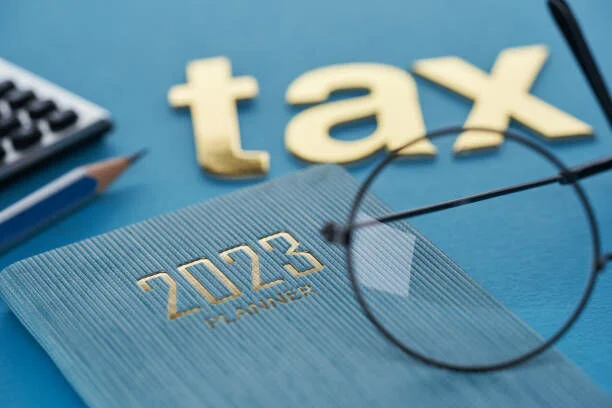Thailand’s tax policy, as declared by the Revenue Department, recently stipulated that an individual spending up to 180 days a year in the country and earning income from overseas will be liable for personal income tax.
This decision, governed by Section 48 of the Revenue Code, is expected to primarily influence three groups: individuals involved in foreign stock market trading via overseas brokerages, cryptocurrency traders, and Thais who have previously utilised a tax loophole to bring foreign income into the country tax-free after holding it in an offshore account for over a year.
A source from the Finance Ministry, preferring to remain unidentified, revealed…
“The principle of tax is that you must pay tax on income you earn from abroad no matter how you earn it and regardless of the tax year in which the money is earned.”
Previously, residents earning income from abroad were taxed only if the money was transferred into Thailand the same year it was earned. The updated measure aims to close the loophole that has been allowing individuals to defer the transfer of their foreign income to a different year.
The newly implemented rule will come into effect from January 1, 2024, enabling authorities to tax the foreign income of individuals from 2025. However, this new regulation has raised questions among experts about its effectiveness in generating revenue for Thailand. Concerns have been raised about the potential alienation of private bankers and financial institutions, who may view Thailand’s regulatory environment as overly uncertain or burdensome.
From a socio-economic perspective, the long-term impact of this policy could potentially worsen existing income disparities within the country. Wealthier individuals, equipped with resources and private banking services, could find ways to evade these reporting obligations, leaving middle-class traders and those lacking the financial resources and accounting expertise to navigate the system more exposed.
While the Revenue Department’s new policy aims to increase revenue by closing existing tax loopholes, the potential implications could be considerable. The new guidelines may complicate business operations, create obstacles for effective enforcement, and raise questions about their eventual impact on Thailand’s economic and social structure.
Source: Thaiger https://thethaiger.com/news/business/thailand-tightens-tax-rules-on-overseas-income-from-2024























